- Civilian casualties rise in Kyaukphyu amid junta artillery and airstrikes
- Weekly Highlights from Arakan State (Feb 9 to 15, 2026)
- Over 1,000 IDPs in Ponnagyun face starvation as firewood sales fail to offset soaring prices
- Junta launches major offensive to retake Tagaung
- Seven fires reported in Arakan State in 2026; residents urged to heighten safety awareness
Instability, uncertainty remain hurdles to Muslim refugee return
Political analysts say the ongoing fighting along the Arakan-Bangladesh border, along with military and political tensions, could pose obstacles and setbacks to the repatriation of Muslim refugees in Bangladesh.
22 Sep 2025
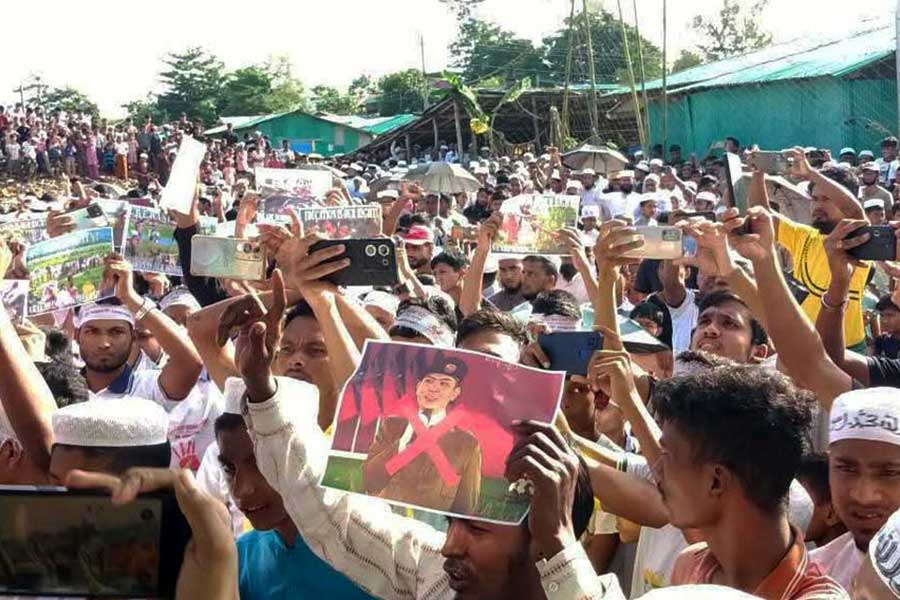
DMG Newsroom
22 September 2025, Maungdaw
Political analysts say the ongoing fighting along the Arakan-Bangladesh border, along with military and political tensions, could pose obstacles and setbacks to the repatriation of Muslim refugees in Bangladesh.
The Arakan Rohingya Salvation Army (ARSA) has been attacking Arakan Army (AA) camps in areas north of Taungpyo Letwae town on the Maungdaw border. On the ground in Buthidaung and Maungdaw townships, military strikes and attacks by ARSA are causing famine, job shortages, and regional insecurity.
The Bangladesh government, meanwhile, is trying to repatriate Muslim refugees due to the outbreak of violence and security challenges within the refugee camps, as well as a humanitarian funding crisis.
"Even the Arakanese people are being displaced by war, famine and other threats," said a source on the Bangladesh border. "Moreover, the violence from armed terrorist groups is getting worse. In these circumstances, regional stability must be prioritised. The current attacks by ARSA could further harm the refugee situation."
Recently, relations between Bangladeshi authorities and the Arakan Army have been strained over issues such as illegal fishing boats, drug trafficking allegations, and border clashes, according to statements from leaders on both sides.
ARSA and other Muslim armed groups have fought alongside Myanmar's military regime in battles against the Arakan Army in Buthidaung and Maungdaw, and are currently carrying out acts of violence, including ambushes against locals and kidnapping and killing locals who do not support them.
"The ULA/AA has reached this point because of the public's support," said a political analyst in Arakan State. "Attacking the ULA/AA is also an attack on the Arakanese people. The delays in accepting refugees amid the current insecurity and confusion are likely to be further delayed by such attacks."
The Commander-in-Chief of the Arakan Army has indicated that the conditions are still far from suitable for the large-scale repatriation of Muslim refugees as civil war rages across Myanmar, and with particular intensity in Arakan State.
"There is no security in Arakan State because of the war," AA chief Maj-Gen Twan Mrat Naing said in an interview with The Irrawaddy on September 20. "There is no prospect of a political solution in terms of livelihoods. There are many questions about whether to forcibly push these refugees into a war zone because there is no funding, whether it is based on humanitarian principles or what."
Muslims in the Maungdaw region say that since the Arakan Army took control of Buthidaung and Maungdaw townships, Muslim activists in exile have been attempting to stir up conflict with false accusations online that are threatening coexistence.
"There is nothing more important than our coexistence," a Muslim elder from Maungdaw Township told DMG. "We do not want any organisation that will damage this. If these actions against those who should be our friends continue, it will only make things worse for our compatriots who are suffering in the refugee camps in Bangladesh."
On August 25, at an event to mark the eighth anniversary of the mass expulsion and killing of Muslims by the Myanmar military, Muslim refugees in Bangladesh protested against a host of targets including the Arakan Army, former President U Win Myint and ousted leader Daw Aung San Suu Kyi. At a ceremony marking the anniversary, participants demanded an end to violence against Muslims and their repatriation.
According to the UNHCR, more than 700,000 Muslims from Arakan State fled to Bangladesh in 2017 due to violence perpetrated by the Myanmar military. Including previous and subsequent displacements, there are currently 1.1 million Muslims refugees in Bangladesh, the UNHCR said last month.
They are facing difficulties in areas such as housing, food security, employment opportunities, and access to healthcare and education.




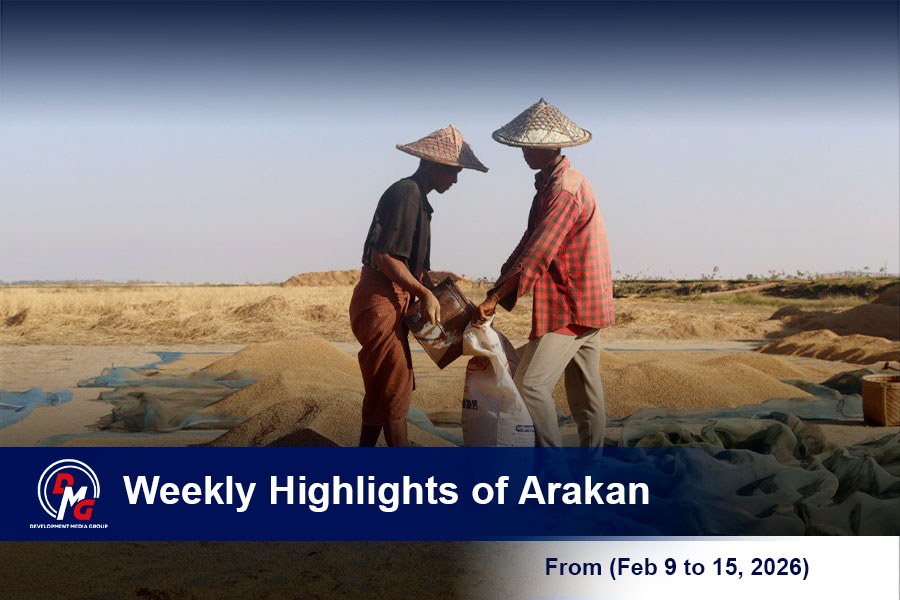
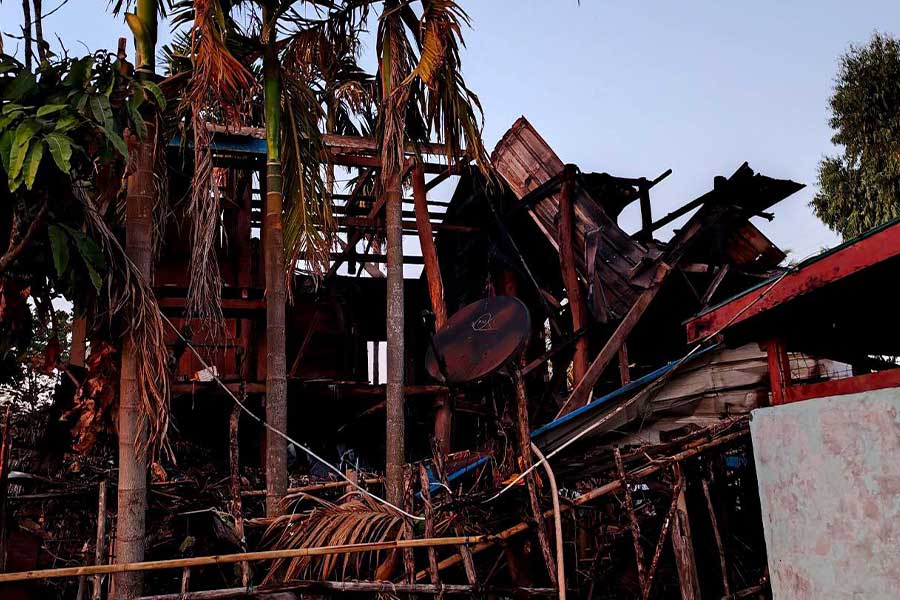
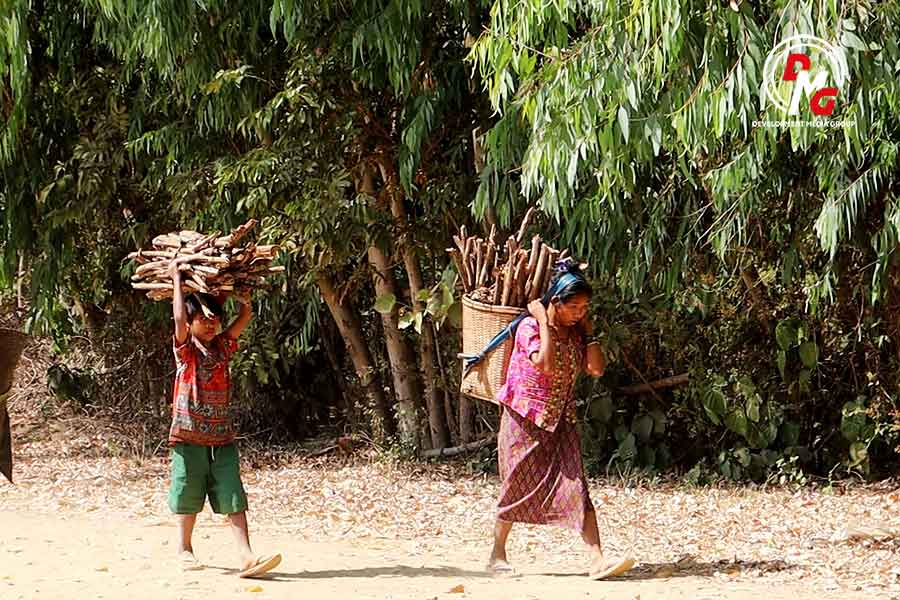
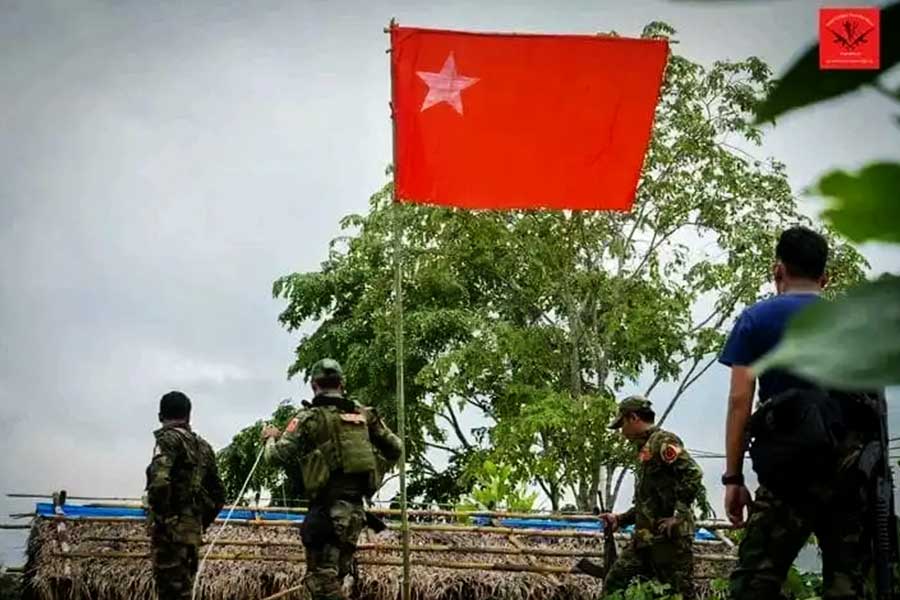
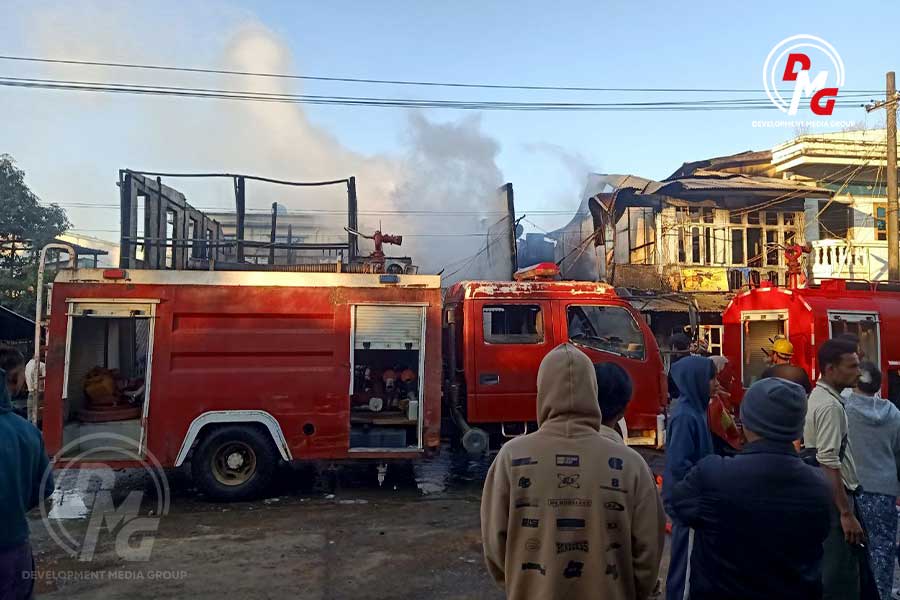







.jpg)
